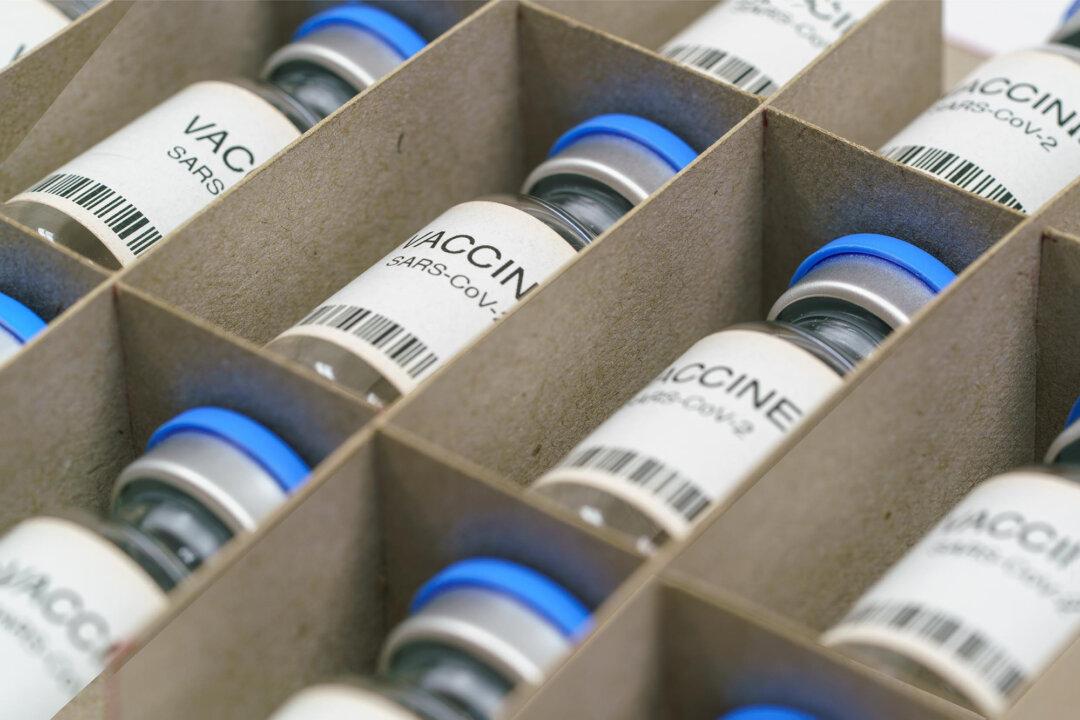Two Australian COVID-19 vaccines have shown potential to be an improved approach to boosting immunity against COVID-19, according to researchers at the Peter Doherty Institute and Monash University.
Published in The Lancet’s eBioMedicine, 76 healthy adults from Melbourne, aged 18 to 64 and previously vaccinated with approved COVID-19 vaccines, were randomly selected to receive a fourth dose of the new vaccines.





